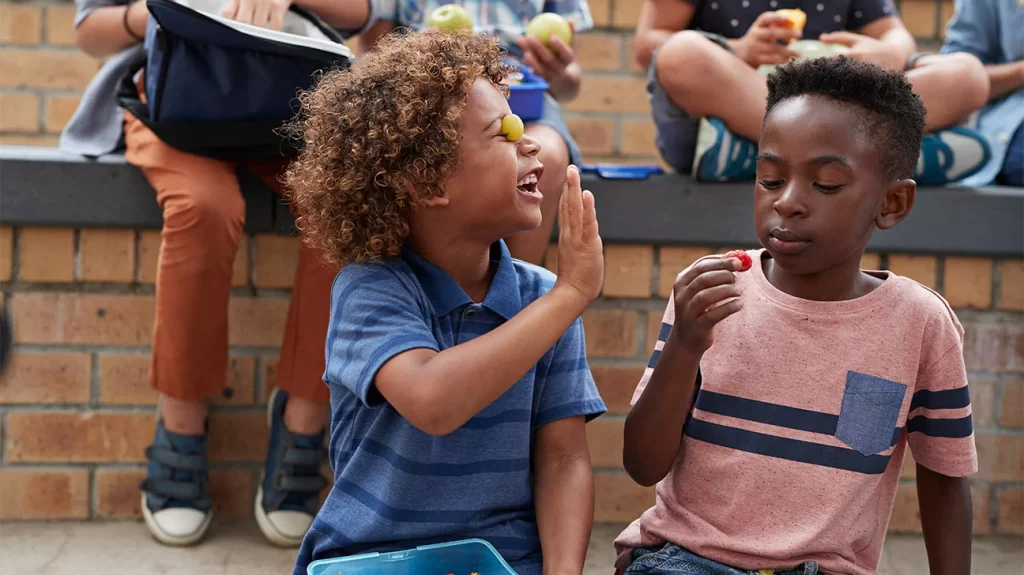
Early childhood is a period of rapid growth and development, laying the foundation for future learning and success. Childcare plays a crucial role in nurturing young minds and providing them with the necessary tools to thrive. Understanding the key early learning milestones can help parents and caregivers support their children’s development and ensure they are on track.
Cognitive Development
Children in childcare should begin to develop basic language skills, such as understanding simple instructions, recognising familiar words, and expressing their needs and wants. They should also start to develop problem-solving skills, such as figuring out how to open a container or complete a simple puzzle. Additionally, children should exhibit a natural curiosity about the world around them, asking questions and exploring their environment.
Social and Emotional Development
Children in childcare should begin to form positive relationships with peers and adults, learning to share, cooperate, and take turns. They should also start to develop self-regulation skills, such as managing their emotions and controlling impulses. Childcare can help children develop a sense of confidence and self-esteem by providing them with opportunities to succeed and feel valued.
Physical Development
Children should be able to perform basic gross motor skills, such as walking, running, jumping, and climbing. They should also begin to develop fine motor skills, such as using utensils, drawing, and buttoning and unbuttoning clothes. Childcare providers should prioritise the health and safety of children, ensuring they receive regular checkups and are protected from accidents.
Supporting Your Child’s Development at Home
Parents can help their children’s development at home by reading to them regularly, encouraging play, limiting screen time, providing opportunities for exploration, and being patient and supportive Reading aloud helps develop language skills and fosters a love of learning. Play is essential for children’s development and helps them learn important skills. Excessive screen time can interfere with children’s development and learning. Letting your child explore their environment safely and encouraging their curiosity can help them develop a sense of wonder and independence. Children develop at their own pace, and it’s important to be patient and supportive throughout their early years.
Resources for Parents and Families
To support their child’s development and ensure they are meeting key milestones, parents and families can utilise a variety of resources. These may include childcare providers, pediatricians, online resources, local libraries, and community centers. Building a strong relationship with your child’s childcare provider can provide valuable insights into their development and offer resources for parents and families on how to support them at home. Regular checkups with a pediatrician can help monitor your child’s growth and development and address any concerns. Numerous websites and organisations offer information and resources on early childhood development, including tips for parents, activities, and developmental checklists. Libraries often have a variety of books, toys, and programs designed to support early childhood development. Many community centers offer programs and activities for young children and their families.
By understanding the key early learning milestones and utilising available resources, parents and caregivers can play a vital role in supporting their child’s development and setting them up for success in school and beyond.



